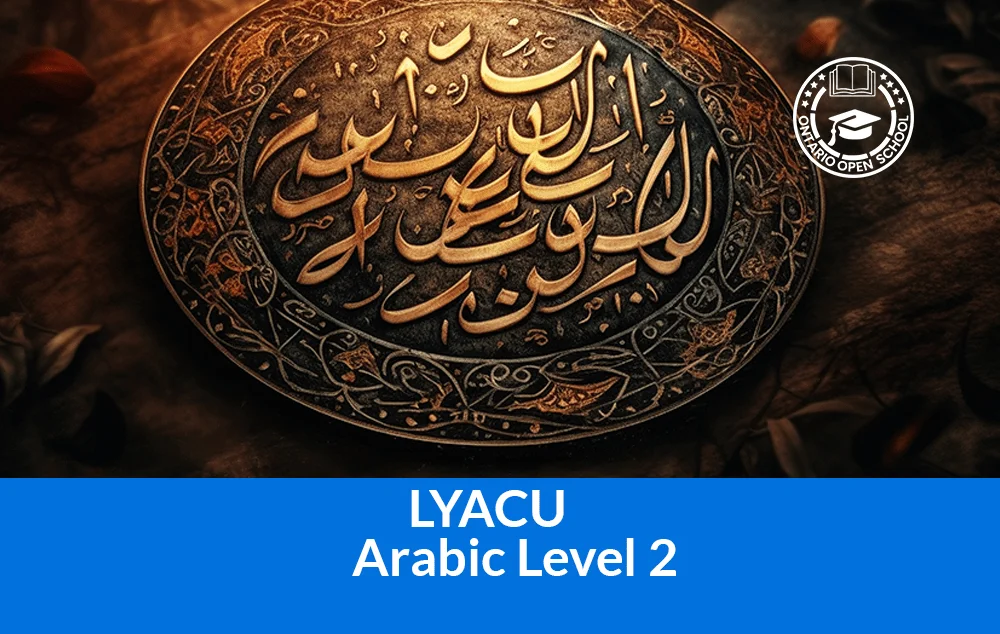Arabic, Level 2 – LYACU (Tutoring)
Purpose
The primary purpose of assessment is to improve student learning. Assessment relates directly to the expectations for the course.
A variety of assessments for and as learning are conducted on a regular basis to allow ample opportunities for students to improve and ultimately demonstrate their full range of learning and for the teacher to gather information to provide feedback. Assessment tasks relate to the success criteria set out in lesson plans. Success criteria allow students to see what quality looks like.
Evaluation is the process of judging the quality of student work in relation to the achievement chart categories and criteria and assigning a percentage grade to represent that quality. Evaluation is based on gathering evidence of student achievement through:
Assessment for Learning – we provide feedback and coaching. Assessment FOR Learning is the process of seeking and interpreting evidence for the use of learners and their teachers to decide where the learners are in their learning, where they need to go, and how best to go there.
Assessment as Learning – we help students monitor progress, set goals, reflect on their learning
Assessment AS Learning is the process of the explicit fostering of students’ capacity over time to be their own best assessors, but teachers need to start by presenting and modeling external, structured opportunities for students to assess themselves.
Assessment of Learning – we use assessments to provide evaluative statements about student achievement. Assessment OF Learning is the assessment that becomes public and results in statements of symbols
(marks/grades/levels of achievement) about how well students are learning. It often contributes to pivotal decisions that will affect students’ future.
A wide variety of instructional strategies are used to provide learning opportunities to accommodate a variety of learning styles, interests and ability levels. These strategies include, but are not limited to:
| Strategies marked with “X” are used in the course. | |||
| Direct Instruction (teacher-led) | X | Class Activity (teacher facilitation) | X |
| Direct Instruction (discussion possible) | X | Experiential learning (learn by doing) | X |
| Class Discussion (teacher facilitated) | X | Worksheets/Surveys | X |
| Small Group Discussion | X | Individual or Group Research | |
| Partner Discussion/Conferencing | X | Teacher modeling | X |
| 1:1 Conferencing Teacher & Student | X | Text-based modeling | |
| Teacher reading to class | X | Use of Computers / Internet | X |
| Silent individual reading | X | Use of video tape or audio materials | |
| Group based reading | X | Role Playing | |
| Independent Work (teacher facilitation) | X | Presentations | X |
| Group Work (teacher facilitation) | X | Guest Speaker / Interviews / Questions | |
| Brainstorming | X | Field Trip | |

Course Grade | International Languages |
Course Code | LYACU |
Course Category | Classical Studies and International Languages |
Course Type | University Preparation |
Course Delivery | Online |
Course Duration | 8hrs |
Course Credit | 0 |